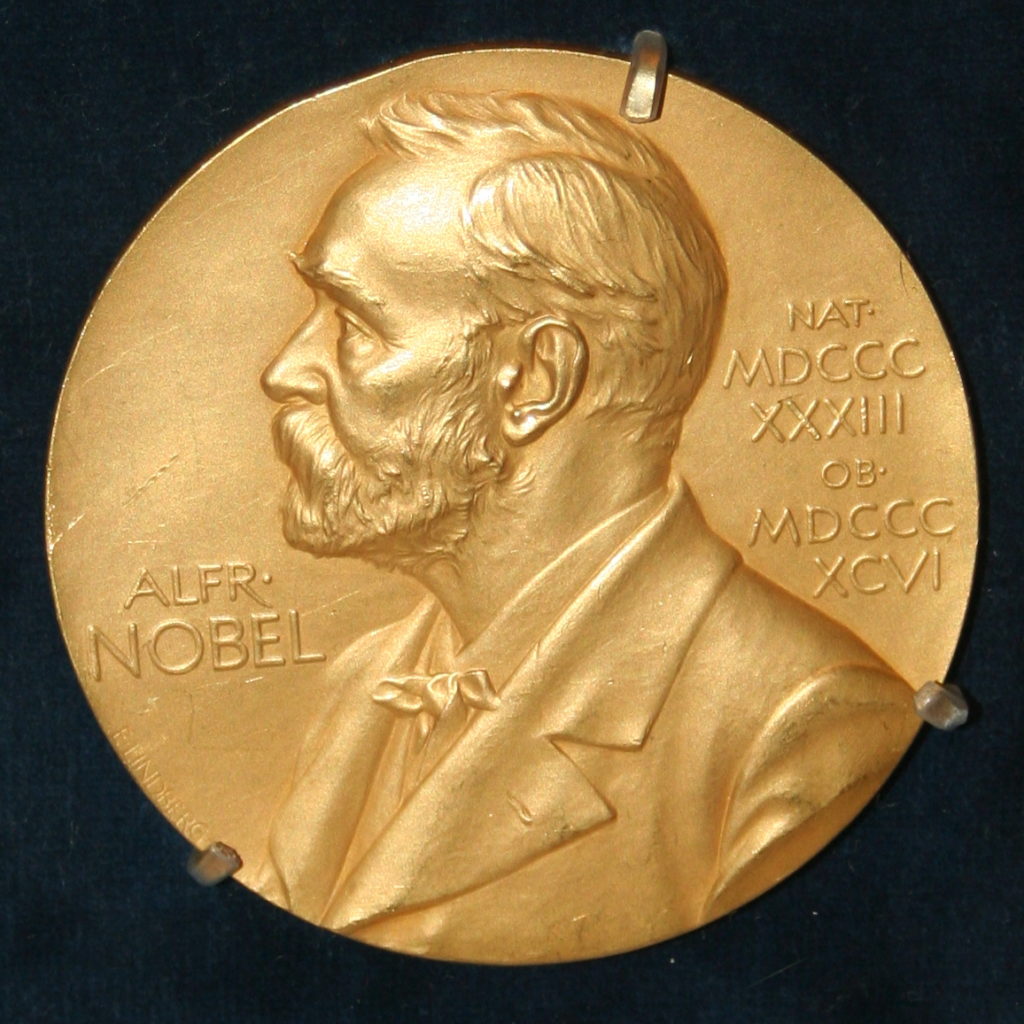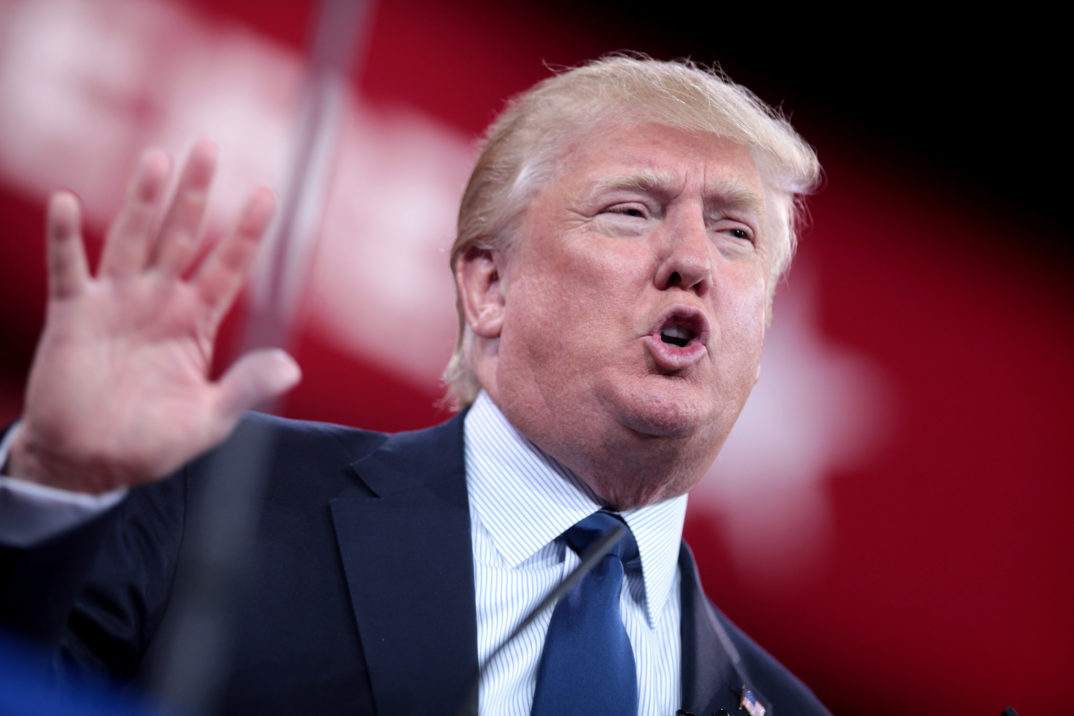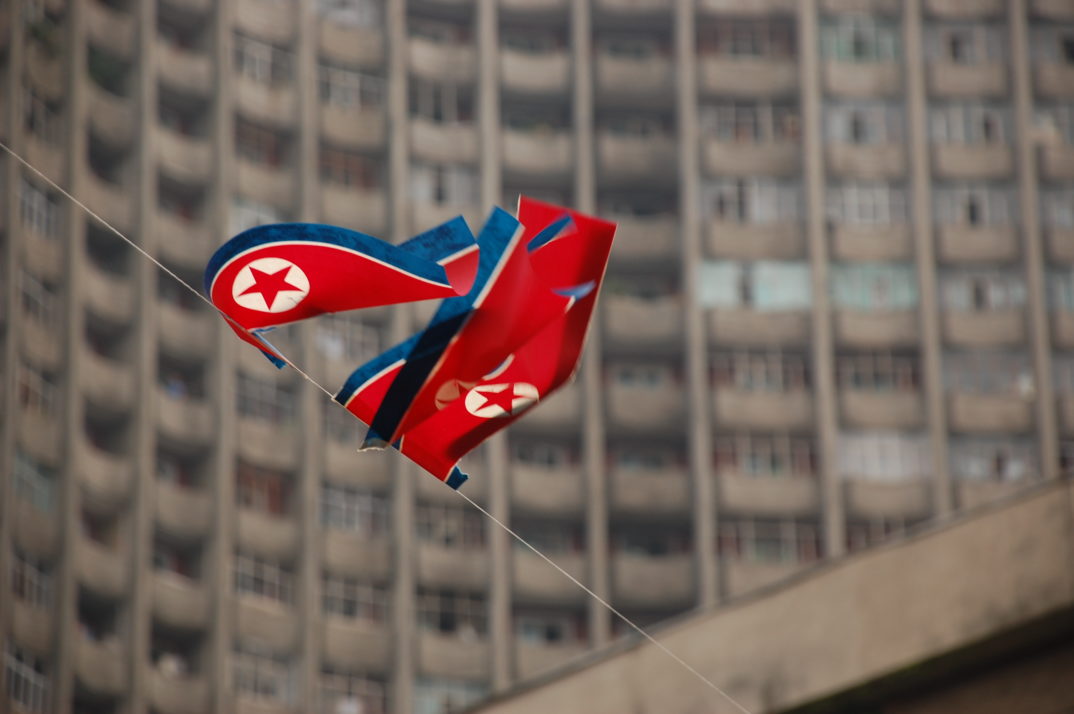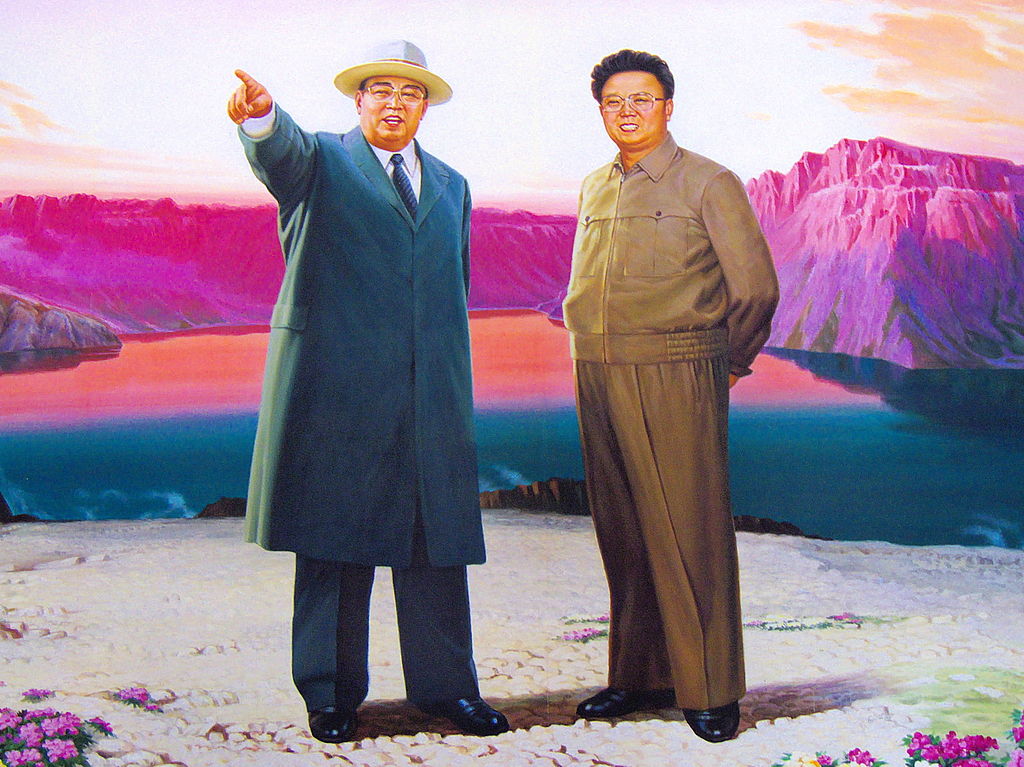Lately, people have been talking about President Donald Trump deserving the Nobel Peace Prize. Everything about that sentence is chilling, but that’s what people are saying. Even some of my liberal friends are saying that if Trump’s talks with North Korean leader Kim Jong-un lead to reconciliation between North and South Korea, denuclearization, or other good results, he’ll be a contender. Less surprisingly, there’s a group of 18 Republican Congress members lobbying for him to win the award. But no. This is ridiculous, and here’s why.
Donald Trump and Twitter: A Turbulent Relationship, Here to Stay
Many people across the United States have joked about Donald Trump’s Twitter. He is often brunt and open about his opinions regarding everything from foreign policy to his own political agenda. To the average American, Twitter is a place to get one’s thoughts out there and state opinions. However, Trump is not the average American. He is the President of the United States. Trump’s Twitter has become an immature platform for him to say essentially whatever he wants. Some of his tweets are harmless and ego-inflating. Yet, other tweets present danger to the United States as a whole.
On January 2, Donald Trump tweeted, “North Korean Leader Kim Jong Un just stated that the “Nuclear Button is on his desk at all times.” Will someone from his depleted and food starved regime please inform him that I too have a Nuclear Button, but it is a much bigger & more powerful one than his, and my Button works!” Despite the playful nature of the tweet, Donald Trump made a threat to use nuclear weapons on North Korea. At this time, North Korea has significantly developed its nuclear program and could eventually have the capability to send nuclear warheads as far as the continental US. Trump’s tweet seems to further destabilize an already unstable relationship.
Lawmakers, diplomats, and security experts alike have offered mixed opinions on the tweet and what it implies.Some have expressed their alarm and scorn at the immaturity and the danger of the president’s current approach to foreign policy with North Korea. That approach is characterized mainly by his tweets directed towards Kim Jong Un. In August 2017, a similar threat was made towards North Korea when Trump threatened to rain “fire and fury” down upon the country if it were to put the United States in any sort of danger. Eliot A. Cohen, former counselor to Secretary of State Condoleezza Rice under President George W. Bush, said that he found the January tweet immature and dangerous for someone in such a position of power. He tweeted, “Spoken like a petulant ten-year-old. But one with nuclear weapons- for real- at his disposal. How responsible people around him, or supporting him, can dismiss this or laugh it off is beyond me.
Yet, Trump’s supporters and even some high level diplomats view the tweet positively as a message of strength. Ban Ki-moon, the former UN Secretary General called the tweets “a message from the international community.” In some ways, the tweet could be seen as a more aggressive tactic for relations with North Korea, as many presidents have seemed to take a passive role in response to the dictatorship.
Amidst the controversy surrounding Trump’s North Korea tweet (and many others), some have called for Twitter to ban Donald Trump. However, Twitter responded to the requests and said that they did not believe that it was beneficial to international discussions to ban political leaders from Twitter. In a way, banning public figures from Twitter silences them. So, in spite of the danger that Trump imposes by tweeting, his tweets are here to stay.
Despite the controversial tweets that spew from Donald Trump’s account daily, banning him from Twitter would be equally controversial. Twitter is right when it says that banning him would be silencing him. Like it or not, he is a powerful public figure and the President of the United States, and his opinions cannot be silenced. However offensive and dangerous his remarks may be, banning Donald Trump from Twitter would probably have negative implications.
International Sanctions: A War of Their Own?
In the current political climate, it is hard to avoid the topic regarding sanctions. The United States has been recently revising the sanctions it has placed on different countries in the past few years, such as North Korea, Russia, and Cuba. Economic sanctions are penalties or blockades against a targeted country, and are a “foreign policy tool” used when diplomatic relations aren’t as effective as intended. These sanctions can take many forms, such as tariffs, embargos, quotas and asset freezes.
Continue reading “International Sanctions: A War of Their Own?”
If North Korea Launches a Nuclear Attack, How Should the U.S. Respond?
North Korea’s regime has taken a bolder step in its confrontation with the United States: it has threatened to launch an attack against Guam, a US territory in the Pacific. Then, it walked it back. But, we have seen this kind of behavior in Kim Jong Un many times, so we may foresee that, sooner or later, he will again threaten to attack Hawaii, Guam, South Korea, or any other target within North Korea’s range. If such an attack takes place, and it is a nuclear attack, how should the U.S. ethically respond?
Continue reading “If North Korea Launches a Nuclear Attack, How Should the U.S. Respond?”
Privilege, Punishment and Cultural Relativism: The Case of Otto Warmbier
Even after his passing, Otto Warmbier continues to make headlines. Over 17 months ago, Warmbier, an American college student, was detained while attempting to leave North Korea after a trip with Young Pioneer Tours. According to The Daily Beast, Warmbier was accused and found guilty of stealing a propaganda sign from his hotel, and was sentenced to remain in the country for 15 years of hard labor. A few weeks ago, Warmbier was returned home under mysterious circumstances and in a comatose state, before eventually dying.
Continue reading “Privilege, Punishment and Cultural Relativism: The Case of Otto Warmbier”
Is It Acceptable to Joke about North Korea?
On November 4th, it was reported that two Australian men caused quite a stir in North Korea. Morgan Ruig and Evan Shay were already in China on a polo trip when they found out about the North Korean Golf Championships and decided to enter the competition. Though the pair did not explicitly claim to be members of the Australian team, they did not correct the North Koreans who assumed as much. While most are finding the men’s antics entertaining, others are concerned about their underlying mocking the North Korean people and government.
Continue reading “Is It Acceptable to Joke about North Korea?”






